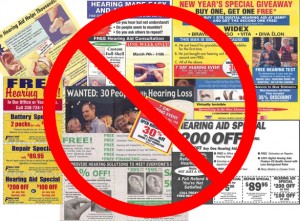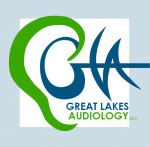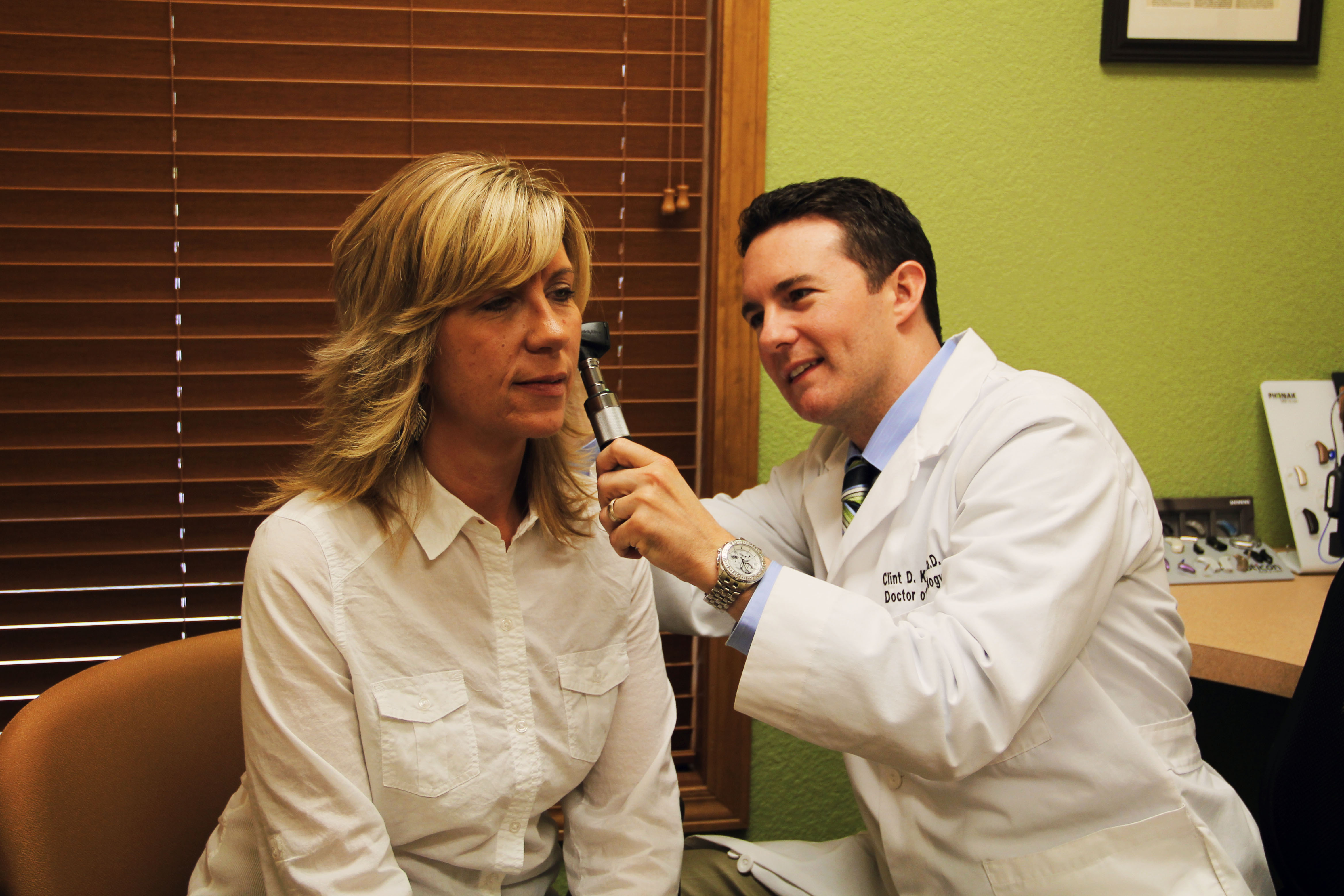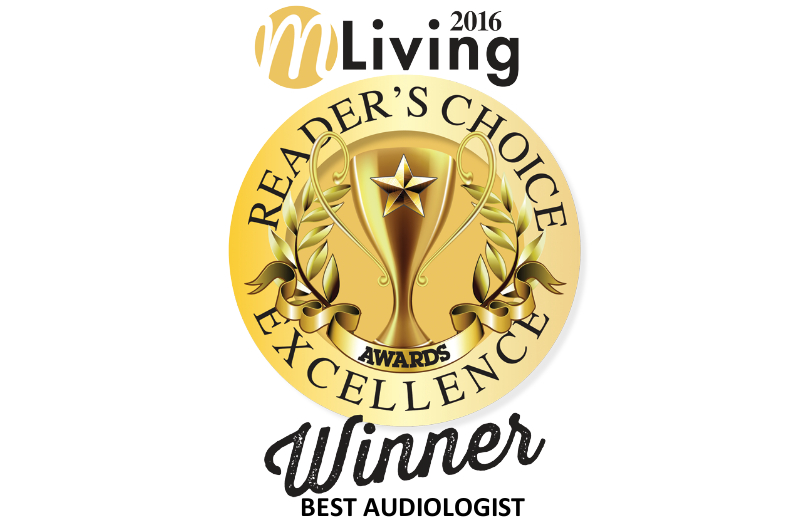Don’t Waste Money on Hearing Aids (Buyer’s Guide)
By Dr. Clint Keifer
No matter the purchase price, hearing aids that don’t work and end up in your dresser drawer are a bad investment. Unfortunately, most people are bombarded by gimmicky marketing designed to pull you in with “hooks” so that a sales commission can be made. Needless to say, your best interests are not served in this scenario.
In light of this very real problem, here is a guide to seeking help for your ears:
1. Trash the gimmicky advertisements – it is a red flag when “healthcare” businesses rely on gaudy bait & switch ads, free iPads or TVs, and extremely large “discounts” or coupons which only reduce the artificially inflated pricing down to levels that are still too much for what you get.
2. Check credentials and ensure you see a licensed Doctor of Audiology (Au.D.) –surprisingly, selling hearing aids only requires a high school diploma or equivalent; alternatively, audiology doctors receive education and clinical training from accredited universities to provide the best comprehensive hearing healthcare and hearing aid benefit to patients.
3. Ask about what brand names of hearing aids are offered – the best providers offer at least 3 different brands to select from to better match individual needs. Ensure that the hearing aid’s programming software is not “locked” to their office or chain and can be programmed by any audiologist–you should have the option to go elsewhere for services.
4. Pricing –properly fit hearing aids include device and service charges (adjustments, prescription verification, education, and counseling). “Free service” actually means costs are shifted to higher device prices (and service is minimal). Reputable providers offer fair charges for services even when hearing aids are purchased elsewhere. In addition, audiologists can fully utilize your insurance benefit to help keep out-of-pocket costs down.
5. Check reviews and references – credible websites and social media can provide helpful reviews and information, but don’t forget to ask trusted individuals and professionals in our community for who they would recommend.
The confidence in finding a quality audiology provider allows people to move past the fear of being ripped off and onto improving their hearing and communication for a better quality of life.
###
Dr. Clint Keifer is the owner of Great Lakes Audiology in Toledo. You can contact him at 419 327-2273; email at ckeifer@glaudiology.com; or visit www.GLAudiology.com.
(First Local Toledo – August 2014)










I have a friend who’s having hearing issues while playing video games recently. Thanks for pointing out that you could reach out to an audiology doctor for a checkup regarding your hearing sense. I’ll probably pitch this idea to him to get a device that can help him in the future.